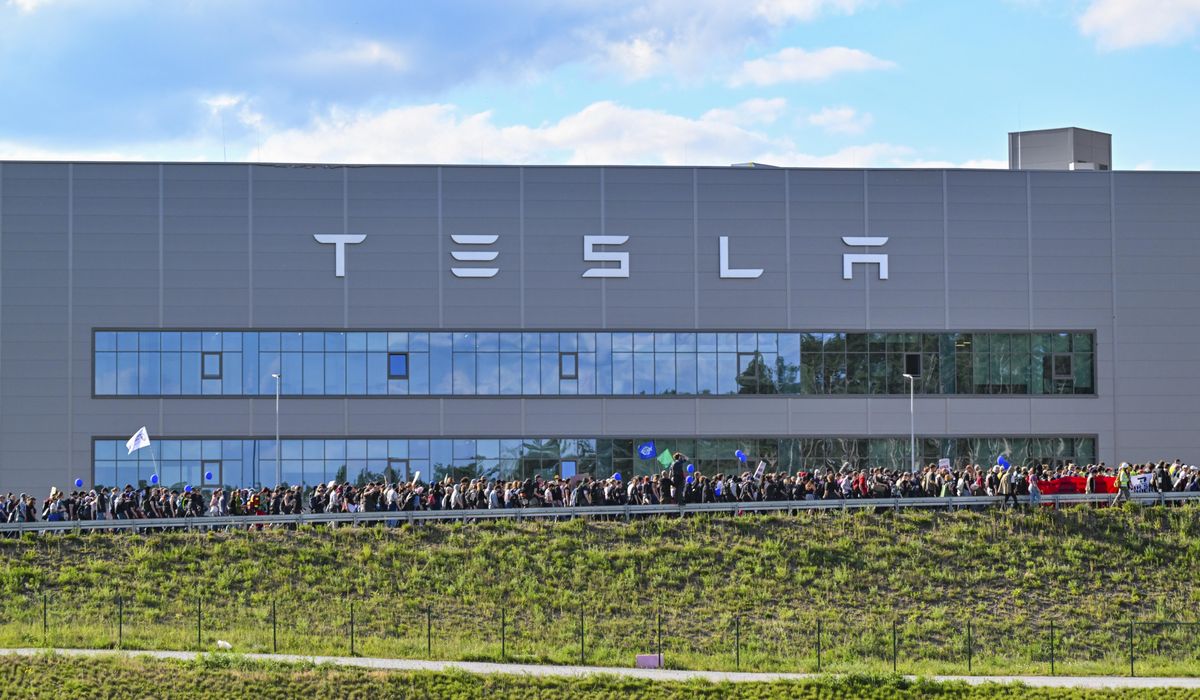


Tesla’s contentious Crybertruck clause, which says the company can sue its customers if they try to sell their vehicle, could be legal.
The Cybertruck’s Vehicle Order Agreement says customers can’t sell their Cybertruck for one year or risk a $50,000 fine and could be barred from buying any other Tesla vehicles in the future.
The clause made headlines when the Cybertruck launched last year, with many customers questioning the rule’s legality. Under U.S. contract law, as long as a clause is legal, it’s valid.
“Unfortunately for the consumers, I believe that it is going to be enforceable as long as that language was in the contract they signed and was available to them before they made the purchase,” Michigan attorney and auto case law expert Steve Lehto said. “If I had to put money on who is going to be winning most of these cases, I’d put my money on Tesla.”
While Tesla’s vehicles all have anti-resale clauses, which say the company can cancel a vehicle order if it suspects the customer plans to resell the car, the Cybertruck stipulation is unique. With the rule, Tesla hopes to curb any possible secondary market for Cybertrucks.
“In theory, they are trying to prevent a secondary black market from popping up,” Lehto said. “They want to control the market as best they can to keep other people from interfering with the market and, in essence, profiting off of speculation.”
Tesla hasn’t pursued legal action against customers who have sold their Cybertrucks despite one selling for over $260,000 at auction this year.
And the rule isn’t new. Ford had a similar clause on its GT supercar. The automaker manufactures a small number of the premiere vehicles each year and picks who gets them. Under the purchase agreement, those lucky recipients can’t sell the vehicle for at least two years or risk litigation.
WWE superstar John Cena found this out when he was sued by the carmaker in 2017 for selling his GT before the two-year time limit. He and Ford settled the lawsuit in 2018 for an undisclosed amount.
The Cybertruck clause appeared on the Vehicle Order Agreement last November under “For Cybertruck Only.” After customer backlash, Tesla removed the clause briefly, only to bring it back before the end of the year. It’s unclear if customers who ordered a Cybertruck in this brief time frame are subject to the $50,000 resale clause.
The issue surrounding the $50,000 clause has further hurt the already damaged reputation of Tesla’s Cybertruck. Customers have noticed significant paneling gaps and software glitches. The vehicle’s accelerator pedal cover can also slip off, wedging the pedal down. The pedal issue resulted in Tesla issuing a recall for all 4,000 delivered Cybertrucks in April.
• Vaughn Cockayne can be reached at vcockayne@washingtontimes.com.
